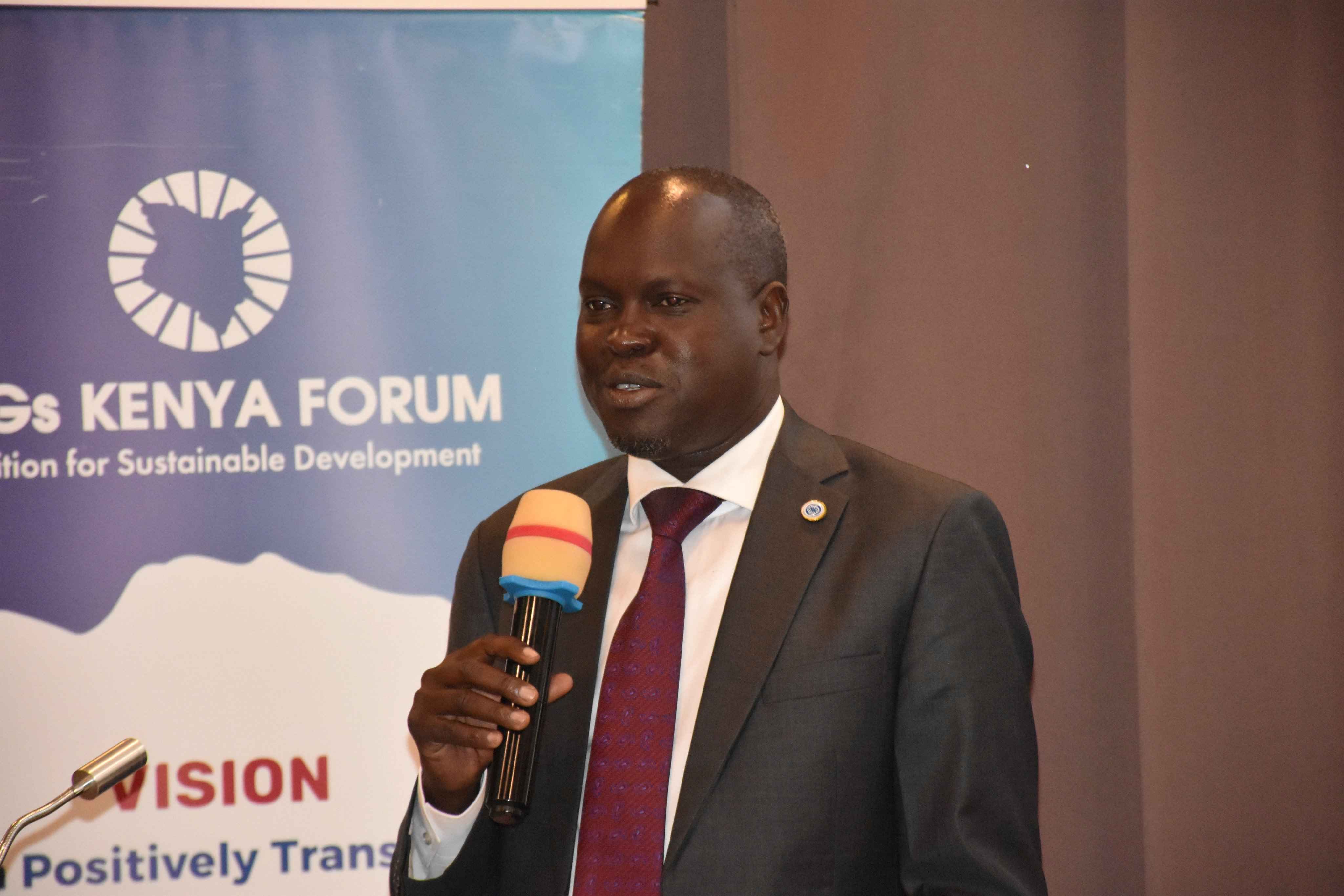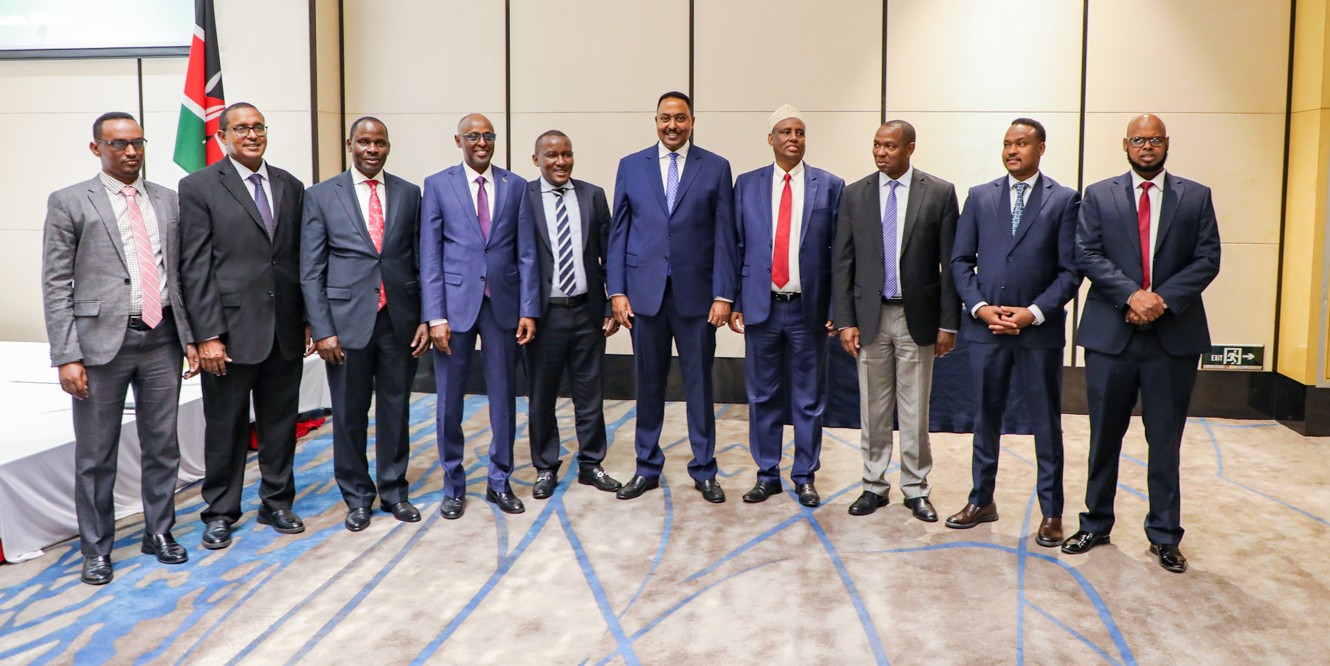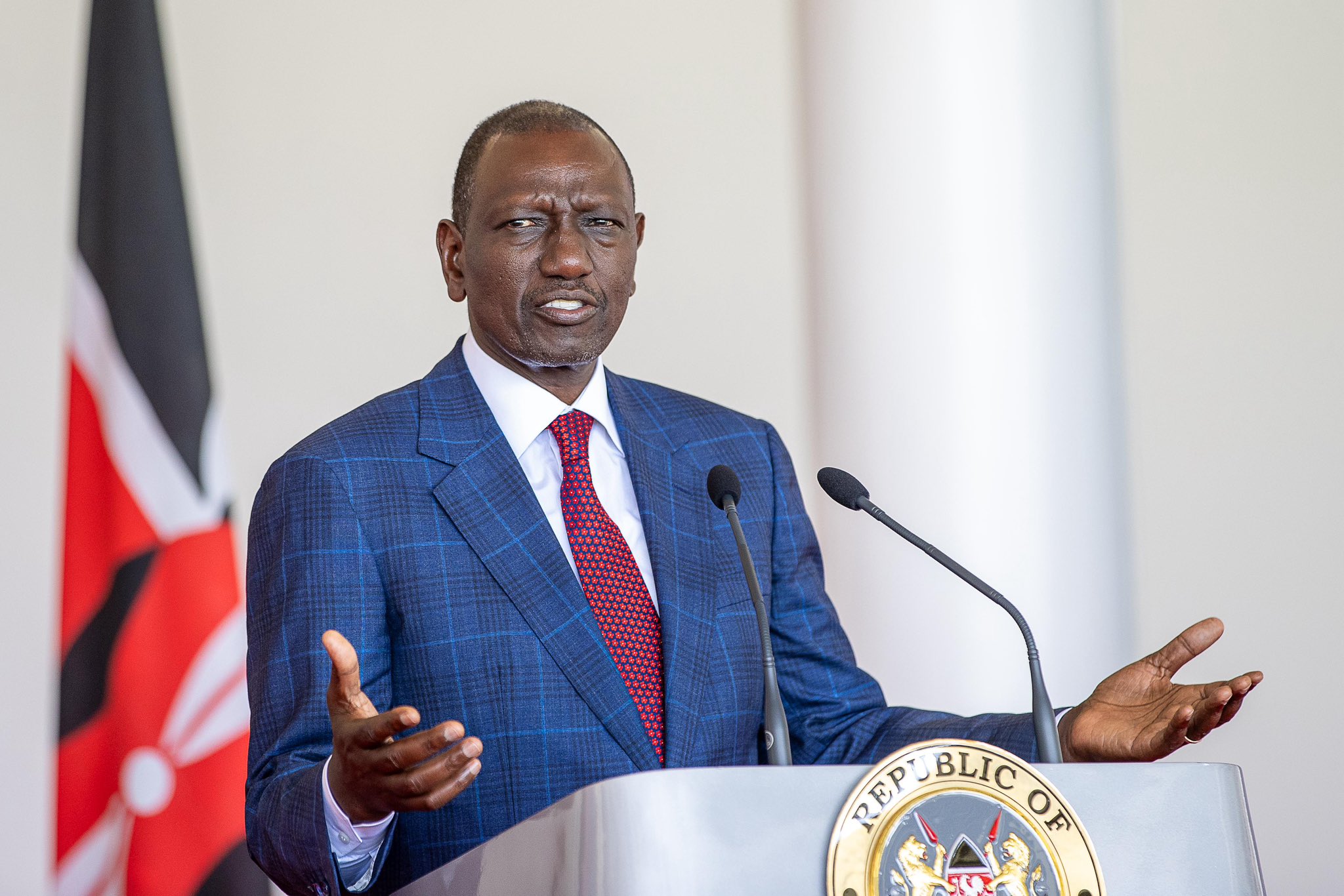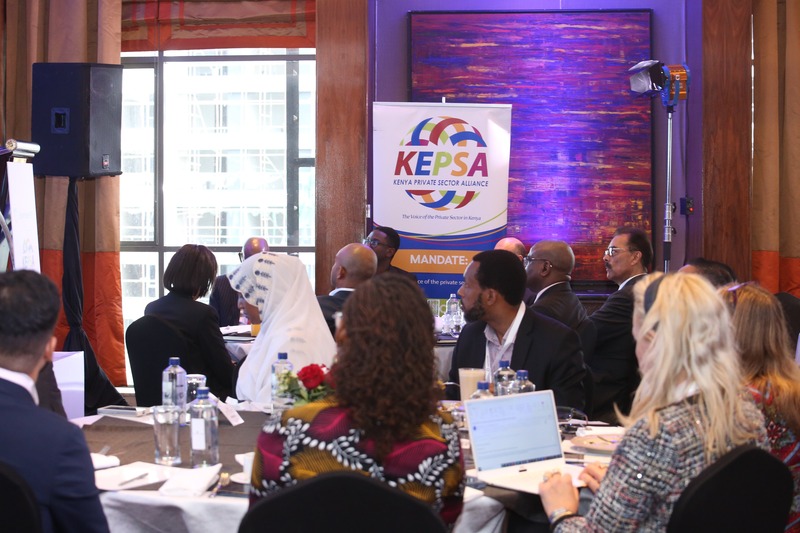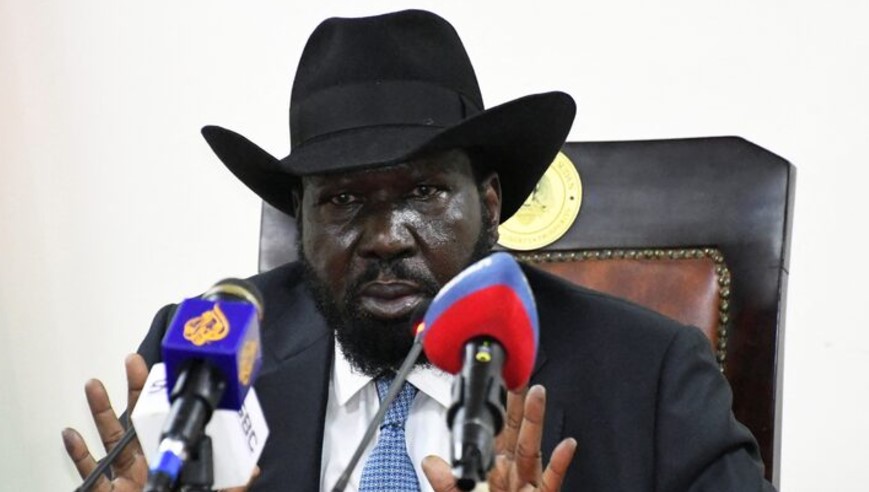From protests to the office: How Gen Z is reshaping Kenya’s work culture and social norms

At workplaces, they are defining the new work culture and ethics in a move that breaks away from the traditional past.
Many people hardly gave much thought about Generation Z in Kenya until the tumultuous anti-government protests in June last year that resulted in the loss of lives and properties, drawing international condemnation.
The Gen Zs with the digital emancipation have been able to control the public discourse and oftentimes set the national agenda. At workplaces, they are defining the new work culture and ethics in a move that breaks away from the traditional past.
More To Read
- 'Gen Z is the now': US preacher Rickey Bolden urges Kenyan leaders to listen to youth
- Respect must go both ways, Kindiki tells Gen Z, elders
- More Kenyans disappeared during anti-riot operations than during anti-terror operations in 2024, report shows
- Gen Z-led protests, floods dent Kenya's economic growth in 2024 to 4.7 per cent
- Justice for our Mashujaa: Parents of Gen Z anti-finance Bill protest victims petition state over killings
- Gen Z redefining work: Young Kenyans demand purpose, balance, respect in workplace
To understand how Gen Z is influencing new workplace habits and routines, The Eastleigh Voice spoke to Gen Z employees on their views on work, ethics and routines.
Gen Z is increasingly shunning traditional after-hours social events in favour of in-work activities focused on wellbeing, meaningful collaboration and inclusivity.
Companies that adapt to these changes by offering inclusive, flexible, and authentic social opportunities will create a more engaged and satisfied workforce.
As Gen Z continues to enter the workforce, their values and expectations will shape the future of workplace socialisation, alongside broader workplace practices and cultures.
Generation Z, born between 1997 and 2012, is increasingly distancing itself from traditional after-work social events with colleagues. Alongside some younger millennials, they prioritise clear boundaries between their work and personal lives. Various media reports reflect this sentiment.
Eric Kariuki is a Gen Z journalist and works in a modern newsroom. He, for instance, believes that his dressing and overall presentation have nothing to do with his output, and the two must not be confused.
"I think the era of putting on suits and ties to work is gone because dressing has nothing to do with delivery. My employer should judge me based on my competence and not hairstyle or what I am wearing," said Eric.
Eric also believes that there should be flexibility among employers to allow employees to work wherever they are or adopt hybrid working systems rather than coming to the office all the time.
"So long as I am able to do what my employer wants me to do, then I should be given freedom to do it from anywhere. With the digital era, where we have phones, we can work from any place and from anywhere," Eric added.
 Journalist Eric Kariuki speaks to the Eastleigh Voice on how Gen Z is transforming workplace culture and norms. He believes he can deliver his work anywhere and not necessarily from the office. (Photo: Barack Oduor)
Journalist Eric Kariuki speaks to the Eastleigh Voice on how Gen Z is transforming workplace culture and norms. He believes he can deliver his work anywhere and not necessarily from the office. (Photo: Barack Oduor)
From street political agitations to artistic expressions of dissent, Gen Z have defined how they relate to employers and fellow employees, and even how they communicate.
Another Gen Z employee, Rachael, told The Eastleigh Voice that she prefers her mental wellbeing above anything else. Just like Eric, she too believes that an employee's output is the most significant matter, and not their dressing, relations, lifestyle or channels in which they use to communicate.
"Emails are just outdated because someone should not bother about how he or she receives the message. If a message is sent through Instagram, TikTok or other channels, it does not change," noted Rachael.
Several studies support the notion that Gen Z's preferences are linked to changing attitudes toward well-being.
Deloitte's 2020 Global Millennial Survey found that Gen Z and millennials prioritise work-life balance, mental health, and authenticity — values that directly influence their participation in workplace social events.
The Workforce Institute at UKG notes that Gen Z expects more personalised and meaningful experiences at work and may avoid traditional gatherings they perceive as inauthentic.
Research from McKinsey further highlights Gen Z's preference for social interactions that align with their values.
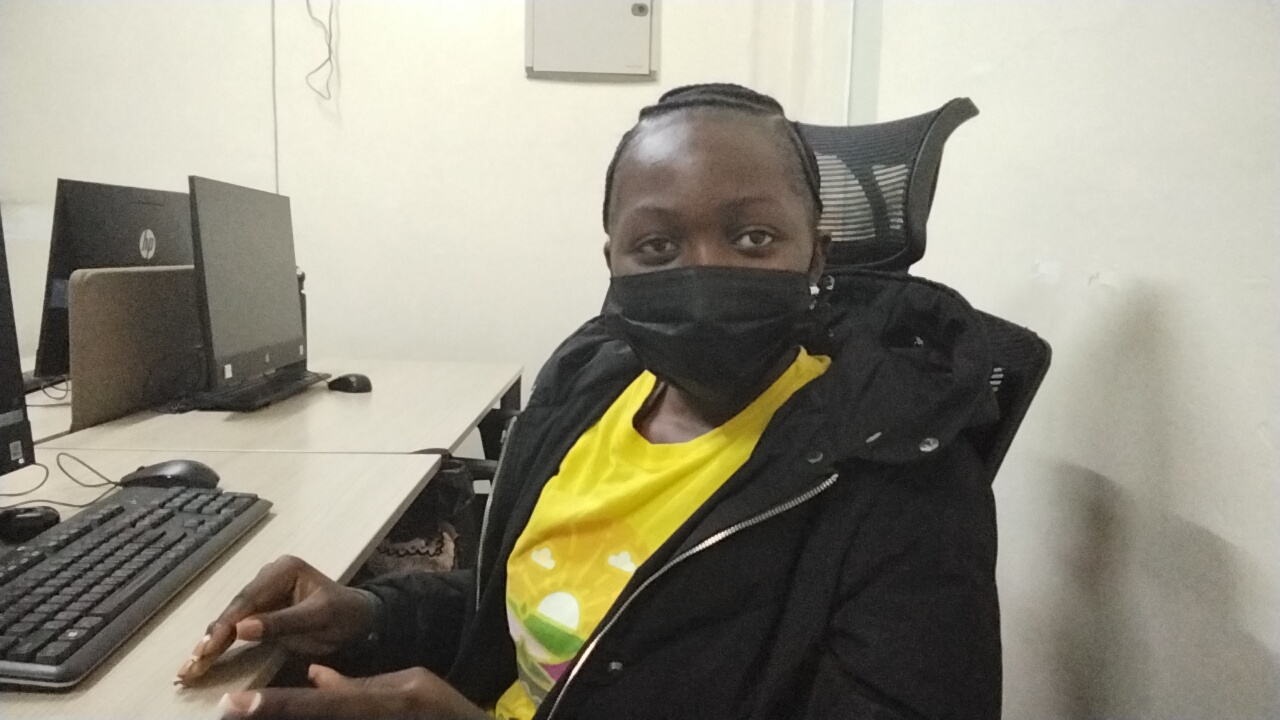 Rachael, a Gen Z employee, believes that the use of emails is outdated and employees should be allowed to use other means such as Instagram, TikTok and Telegram to send their official messages. (Photo: Barack Oduor)
Rachael, a Gen Z employee, believes that the use of emails is outdated and employees should be allowed to use other means such as Instagram, TikTok and Telegram to send their official messages. (Photo: Barack Oduor)
While not all younger employees seek friendships at work, collaboration and teamwork remain essential to them. As a result, they will continue to seek more purposeful and inclusive ways to engage with their colleagues, free from the pressures of traditional social events.
Companies should reassess their approach to after-hours socialising and offer more flexible, inclusive opportunities to engage Gen Z employees effectively.
By aligning social events with Gen Z values, such as promoting mental wellbeing, inclusivity, and authenticity, organisations can support younger workers to develop meaningful connections without relying on traditional after-work gatherings.
Delvin Muchiri, a human resource expert, says one of the most significant changes is Gen Z's view of work as flexible, contrasting with traditional views of work as a long-term commitment to a single organisation in one place.
"You can see that this mindset helps explain why Gen Z employees are less inclined to engage in after-work social events, as they seek a clear separation between work and personal life," observes Muchiri.
In his explanation, Muchiri argues that historically, the office has been a primary space for building friendships. However, many young workers are less likely to see the workplace as a social venue. Social interactions at work have become less frequent and, in some cases, less relevant. "As remote work has become more prevalent, Gen Z may not see the value in forming and maintaining workplace friendships in the traditional sense."
He advises that employers must adapt to Gen Z's preferences to avoid a wider gap between managers and younger employees. Offering flexible, inclusive, and optional social opportunities could help to facilitate the development of a more connected and harmonious workforce.
As digital natives, Gen Z expects workplaces to be technologically advanced. They are comfortable with AI, automation, and digital collaboration tools, and they expect these to be seamlessly integrated into their work environment.
Gen Z has grown up in an era of increased awareness around mental health and trauma. The pandemic has further heightened this awareness, making trauma-informed care and mental health support crucial aspects of workplace culture.
Companies are increasingly recognising the importance of mental health support, with many expanding their Employee Assistance Programmes and implementing mental health days. This focus on employee well-being aligns well with Gen Z's holistic view of work and life.
Gen Z is also driving a shift in leadership styles, favouring more collaborative and empathetic approaches over traditional hierarchical models. They respond best to leaders who demonstrate emotional intelligence and genuinely care about their well-being.
"Over the past five years, most employers have adapted their leadership styles to be more inclusive and transparent," Muchiri reflects. "Our Gen Z employees expect to be informed of decision-making processes and want regular feedback on their performance."
This shift is leading to flatter organisational structures, more frequent check-ins between managers and employees, and a greater emphasis on mentorship and professional development.
Top Stories Today




